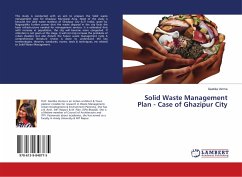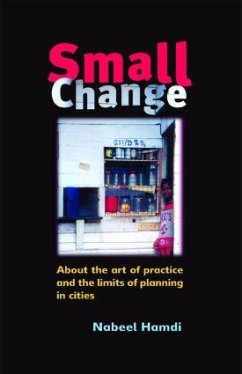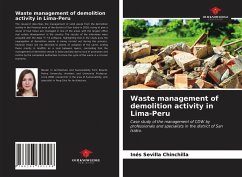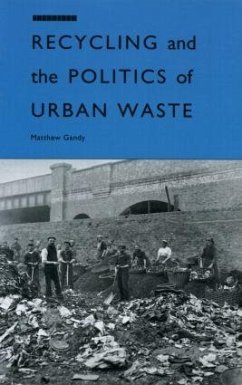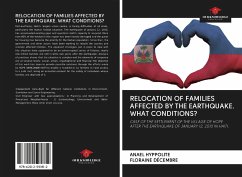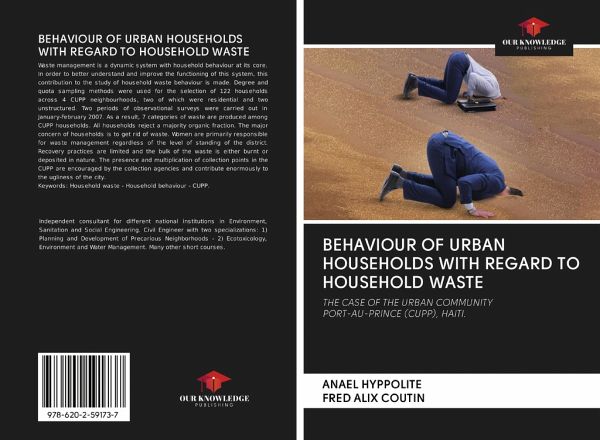
BEHAVIOUR OF URBAN HOUSEHOLDS WITH REGARD TO HOUSEHOLD WASTE
THE CASE OF THE URBAN COMMUNITYPORT-AU-PRINCE (CUPP), HAITI.
Versandkostenfrei!
Versandfertig in 1-2 Wochen
18,99 €
inkl. MwSt.

PAYBACK Punkte
9 °P sammeln!
Waste management is a dynamic system with household behaviour at its core. In order to better understand and improve the functioning of this system, this contribution to the study of household waste behaviour is made. Degree and quota sampling methods were used for the selection of 122 households across 4 CUPP neighbourhoods, two of which were residential and two unstructured. Two periods of observational surveys were carried out in January-February 2007. As a result, 7 categories of waste are produced among CUPP households. All households reject a majority organic fraction. The major concern ...
Waste management is a dynamic system with household behaviour at its core. In order to better understand and improve the functioning of this system, this contribution to the study of household waste behaviour is made. Degree and quota sampling methods were used for the selection of 122 households across 4 CUPP neighbourhoods, two of which were residential and two unstructured. Two periods of observational surveys were carried out in January-February 2007. As a result, 7 categories of waste are produced among CUPP households. All households reject a majority organic fraction. The major concern of households is to get rid of waste. Women are primarily responsible for waste management regardless of the level of standing of the district. Recovery practices are limited and the bulk of the waste is either burnt or deposited in nature. The presence and multiplication of collection points in the CUPP are encouraged by the collection agencies and contribute enormously to the ugliness of the city.Keywords: Household waste - Household behaviour - CUPP.




